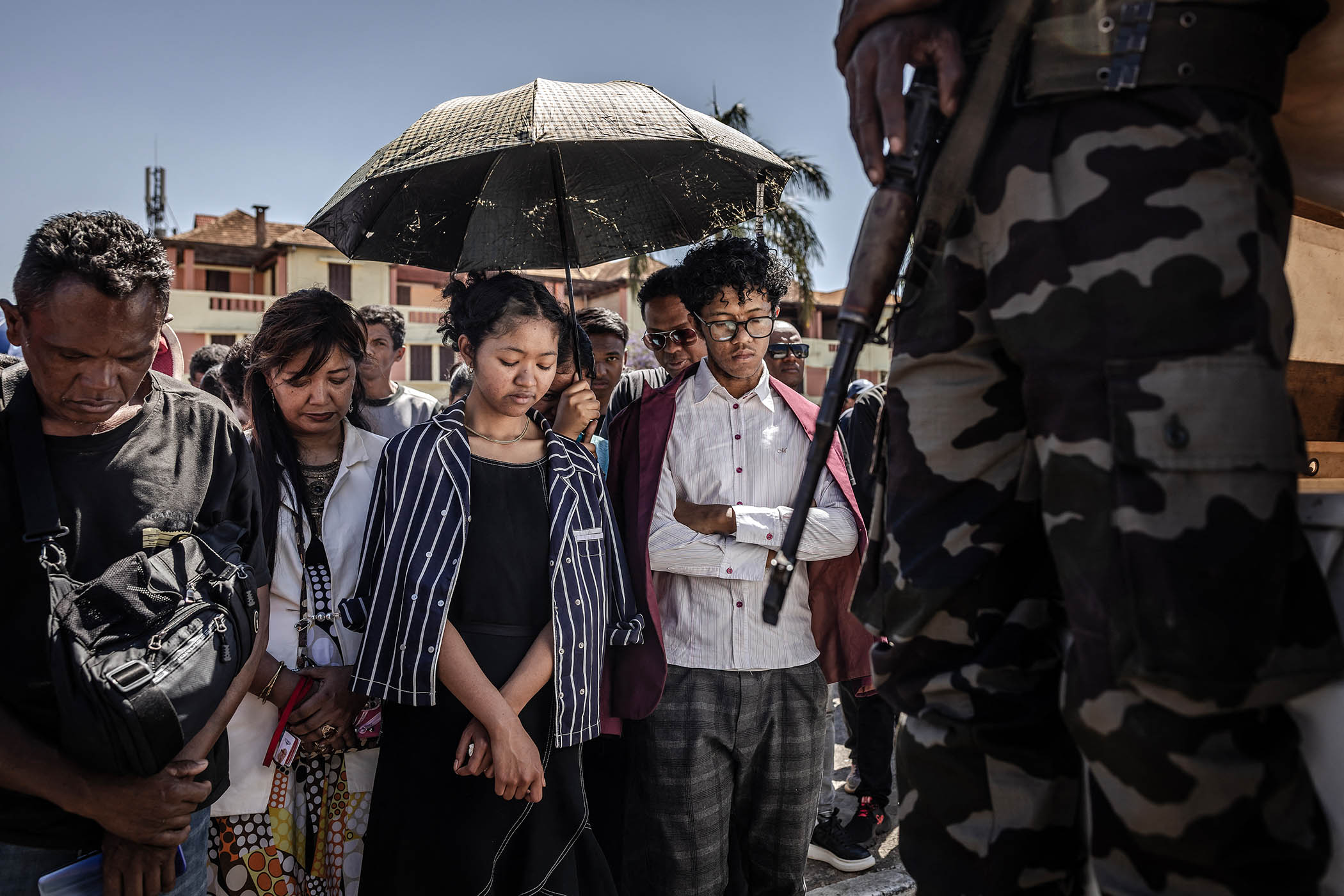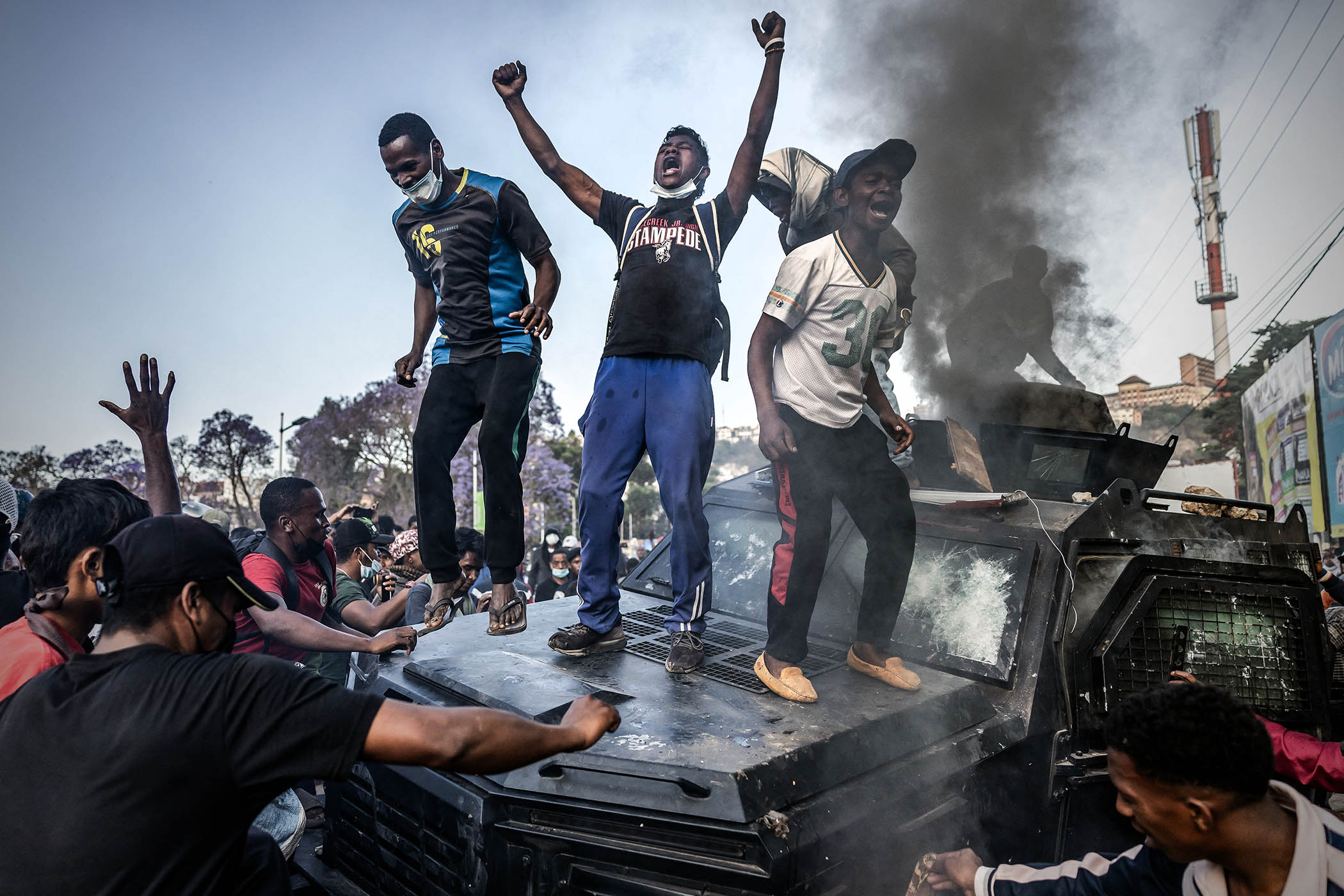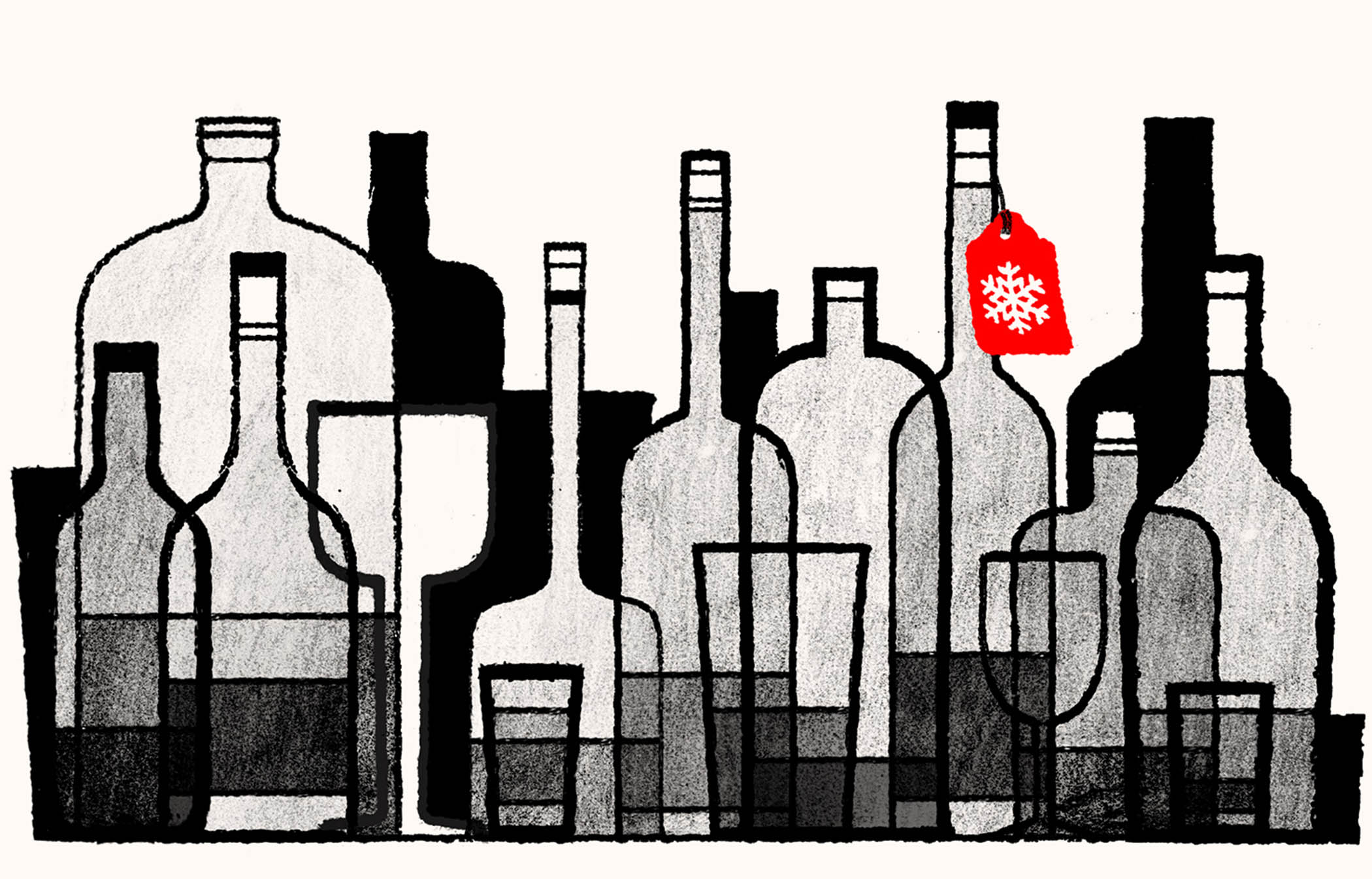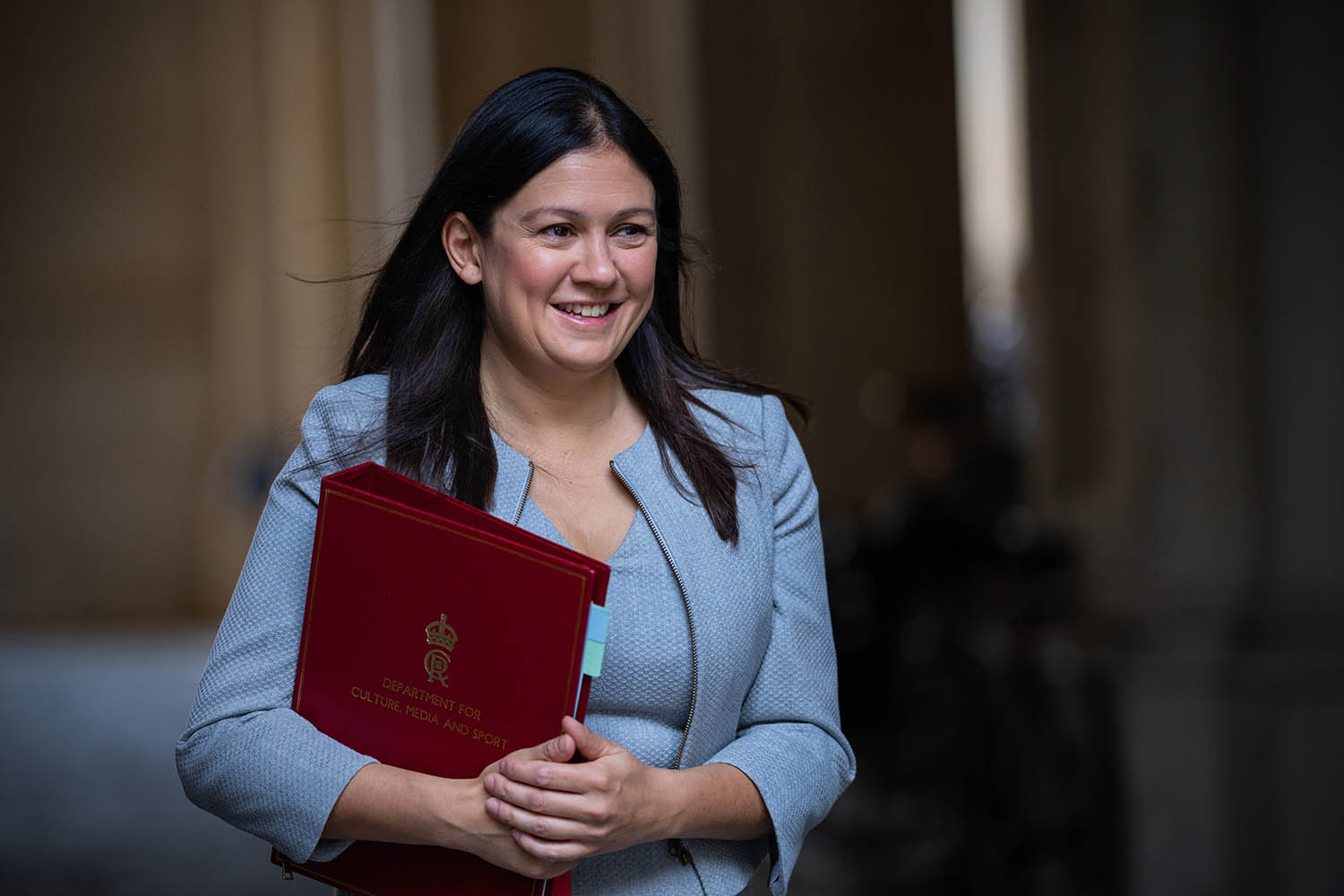My family lost everything,” says Audrey Randriamandrato. “I lived in the city so I had to run under the bullets and teargas. I saw bodies and blood everywhere.”
In 2009, when a coup erupted in Antananarivo, Madagascar’s busy capital, Audrey was just a child. Her parents’ restaurant was struck by a molotov cocktail, forcing Audrey and her brother, Elliot, to flee on the streets through waves of gunfire.
The coup would propel a young Andry Rajoelina, then mayor of Antananarivo, to president of the country and define Madagascar’s politics for a generation. Now, 16 years later, Audrey and Elliot are part of another uprising – this time as two leaders of Madagascar’s gen Z movement that has overthrown Rajoelina. But can this youth-led revolution achieve the lasting change the country craves?
On 25 September, thousands of young people, angry at chronic water and power outages, took to the streets of Antananarivo to protest against the government. The protesters mobilised on the internet under the title Gen Z Madagascar, AKA Gen Z Mada, echoing other recent protests by young people in Kenya and Morocco, which also used social media sites to organise.
What began as anger over outages quickly grew into broader outrage at living standards and corruption. After three weeks of protests, and 22 deaths that the UN blamed on security forces, Rajoelina fled the country, parliament voted to remove him from power, and Capsat (Corps d’administration des personnels et des services administratifs et techniques) – an elite military group – sided with the youth, leading to a full takeover of the country. Elliot Randriamandrato called the movement’s success a “half victory” but said there was still work to be done. His concern, shared by many of his peers, is that Madagascar has been here before.
Related articles:
Madagascar’s interim president is Colonel Michael Randrianirina, who was jailed in 2023 for allegedly plotting a coup. He’s the leader of Capsat, the group that has historically taken charge during national crises, including the recent uprising and the 2009 coup. “They are very influential because they’ve repeatedly stepped in to lead during instability,” says the east African political analyst Rose Mumanya. Randrianirina now wields both military and political power but has promised to hold democratic elections within two years.
‘I think the question will be, do we get the system we deserve – the hope of a popular system for all of Madagascar?’
Audrey Randriamandrato, Gen Z Mada leader
Audrey sees a transition towards free and fair elections as crucial to the future of the country: “I think the question will be, do we get the system we deserve – the hope of a popular system for all of Madagascar?” she said in a phone interview with The Observer. But the new leadership will have its work cut out. About 80% of the population live below the poverty line, while the country ranks 140th out of 180 countries on Transparency International’s corruption index.

Residents observe a minute of silence to honour protesters killed in anti-government demonstrations in Antananarivo on 12 October 2025
Even with these challenges, Audrey is willing to give Randrianirina a chance. But some of his early decisions are already raising eyebrows. One of his first appointments was promoting a wealthy businessman, Herintsalama Rajaonarivelo, to the position of prime minister. In a statement on Facebook, Gen Z Mada said the appointment “runs contrary to the desired structural change” the movement was seeking, and that the “revolution will not be hijacked”.
But they may not be able to stop it. The Gen Z Mada movement has called for improved infrastructure and for action against corruption, but the group has no leadership structures, no clear agenda for institutional reform and, so far, no political power in government.
Other African uprisings have experienced similar issues in the past. The Arab Spring led to the downfall of the Egyptian government in 2011, but the decentralised nature of the movement meant it wasn’t ready to lead. This left a political vacuum eventually filled by the Muslim Brotherhood, leading to more unrest and, within two years, another coup.
The current moment in Madagascar feels eerily familiar for people in Antananarivo, too.
After Rajoelina rose to power, in 2009 he went on to restructure the army to give himself more control, according to Mumanya. He also installed Mamy Ravatomanga, once listed as Madagascar’s second richest person, as his special adviser. Ravatomanga has been accused of using his position to generate personal wealth – and last week, after fleeing the country during the protests, he was arrested in Mauritius on money laundering charges.
Randrianirina now has the power to decide whether Madagascar will continue its cycle of coups and corruption, and his two-year transitional rule is likely to define Malagasy politics for a new generation. Elliot, who has been affected by one uprising and instigated another, says the Gen Z Madagascar movement is now “working like crazy to prevent a repeat of the past”.
Photographs by Luis Tato/AFP via Getty



